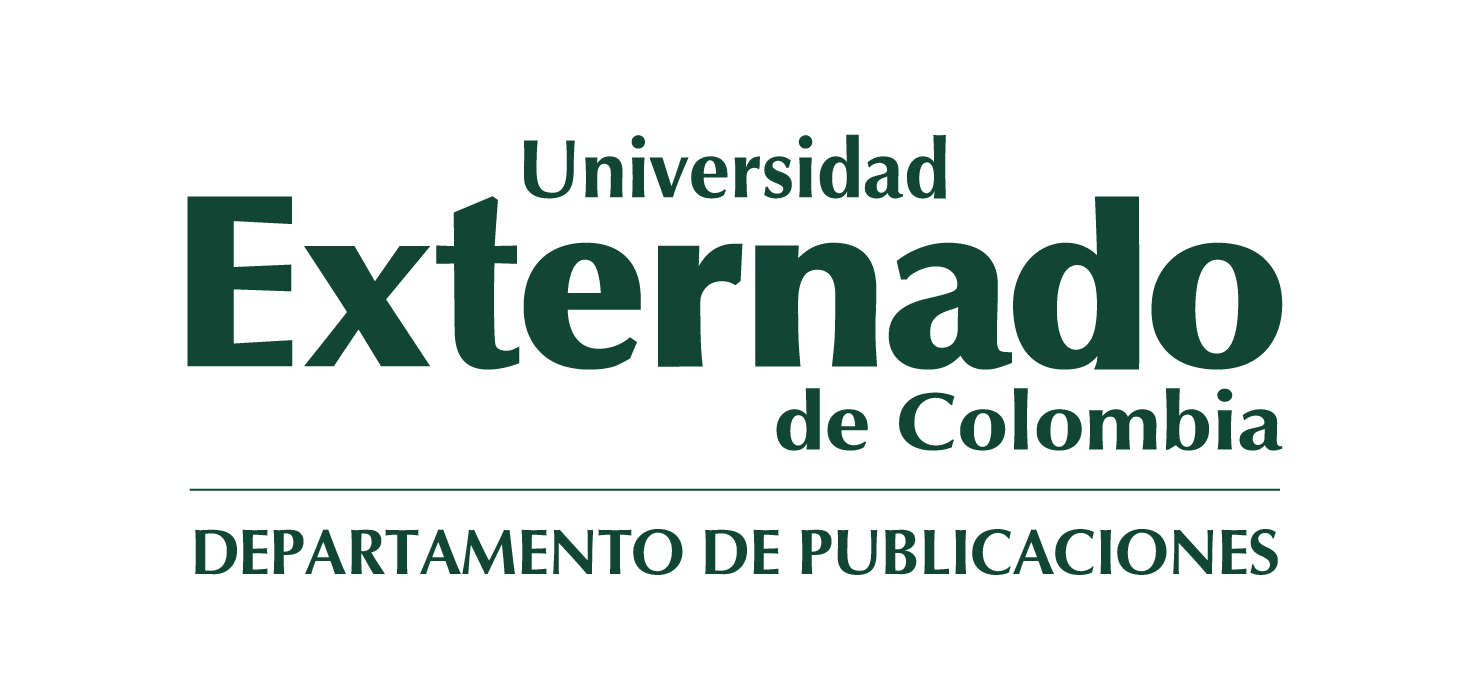The ex officio evidence in the Colombian civil process has generated throughout its validity concerns related to the loss of the judge's impartiality and the lack of determination of the specific criteria that allow it to be used in specific cases. Both issues are related, since the lack of clarity about when the judge must use ex officio evidence in a specific case increases the risk that he will lose his impartiality, as the decision would apparently be made. of the.
In this document, some criteria extracted from the systematic analysis of the civil process are proposed, so that the civil judge, from now on, can make the decision to order the evidence ex officio, reducing the risk of losing his impartiality and fulfilling the purposes of said institution. These criteria are: i) when there are uncertain facts regarding which it is mandatory for the judge to make a ruling; ii) when the parties have made use of their evidentiary initiative, so that they have taken care to request and provide the means of proof that would be expected from a diligent party (among other reasons, because ex officio evidence does not have the function of excusing the negligence of the parties in their evidentiary initiative); iii) when the judge has knowledge about the means of proof that would allow him to overcome the state of doubt in the face of the uncertain fact.
Thus, if at the end of the investigation of the process an uncertain fact persists, but the parties have not diligently used their evidentiary initiative, it is appropriate for the judge to consider the fact not proven and therefore deny the consequence associated with that alleged fact. . The judge would have to act in the same way when he does not notice with what means of proof he could resolve the doubt regarding the uncertain fact.
INTRODUCCIÓN
CAPÍTULO PRIMERO
ASPECTOS TEORICOS DE LA PRUEBA DE OFICIO EN EL PROCESO CIVIL
I. El interés privado y público en el proceso civil
II. El modelo de juez activo en materia probatoria
III. El principio dispositivo
A. La carga de afirmación de los hechos de parte B. La regla de la aportación de parte
C. El modelo inquisitivo
CAPÍTULO SEGUNDO
REGULACIÓN DE LA PRUEBA DE OFICIO EN COLOMBIA
I. Las diligencias para mejor proveer
II. El código judicial de 1931
III. El código procesal del trabajo de 1948
IV. El Código de Procedimiento Civil
A. Fundamento
B. Oportunidad
C. Obligatoriedad
D. Discrecionalidad
E. Usos
1. La concreción de la condena en primera instancia
2. La actualización de la condena
3. La sentencia de reemplazo en casación
V. El código general del proceso
A. Procedencia
B. Oportunidad
C. Ausencia de recursos
D. Usos
1. La concreción de la condena en vigencia del CGP
2. Para establecer hechos sobrevinientes
3. En caso de juramento estimatorio notoriamente injusto
CAPÍTULO TERCERO
MODALIDADES DE PRUEBA DE OFICIO EN EL PROCESO CIVIL
I. La intervención en la práctica de medios de prueba
A. Declaración de parte
B. Declaración de terceros
C. En el interrogatorio a peritos
D. La necesidad de prevenir futuros hechos inciertos
II. El decreto oficioso del medio de prueba
A. Declaración de parte
B. El testimonio de terceros
C. El dictamen pericial
D. La inspección judicial
E. Documentos e informes
F. La necesidad de esclarecer hechos inciertos
CAPÍTULO CUARTO
FUNDAMENTACIÓN DE LA PRUEBA DE OFICIO, IMPARCIALIDAD Y CRITERIOS PARA SU APLICACIÓN
I. Fundamentación de la prueba de oficio
A. El derecho a la prueba
B. La búsqueda de la verdad
C. La lealtad procesal
II. El riesgo de ruptura de la imparcialidad
A. Deber o facultad judicial
B. La convalidación de la hipótesis propia del juez
C. Límites a la búsqueda de la verdad
III. Algunos criterios de procedencia concreta de la prueba de oficio
A. El estado de duda en torno a los hechos
B. El empleo de la iniciativa probatoria de las partes
C. El conocimiento del medio de prueba que permitiría esclarecer el hecho incierto
CONlCLUSIONES
FUENTES
Doctrinales
Jurisprudencia
eBook
Impreso
-

-
Fredy Toscano
-
Información de autor disponible próximamente.
-
eBook
Digital: descarga y online - EPUB
Catálogo Universidad Externado:
Impreso
Catálogo Universidad Externado:


